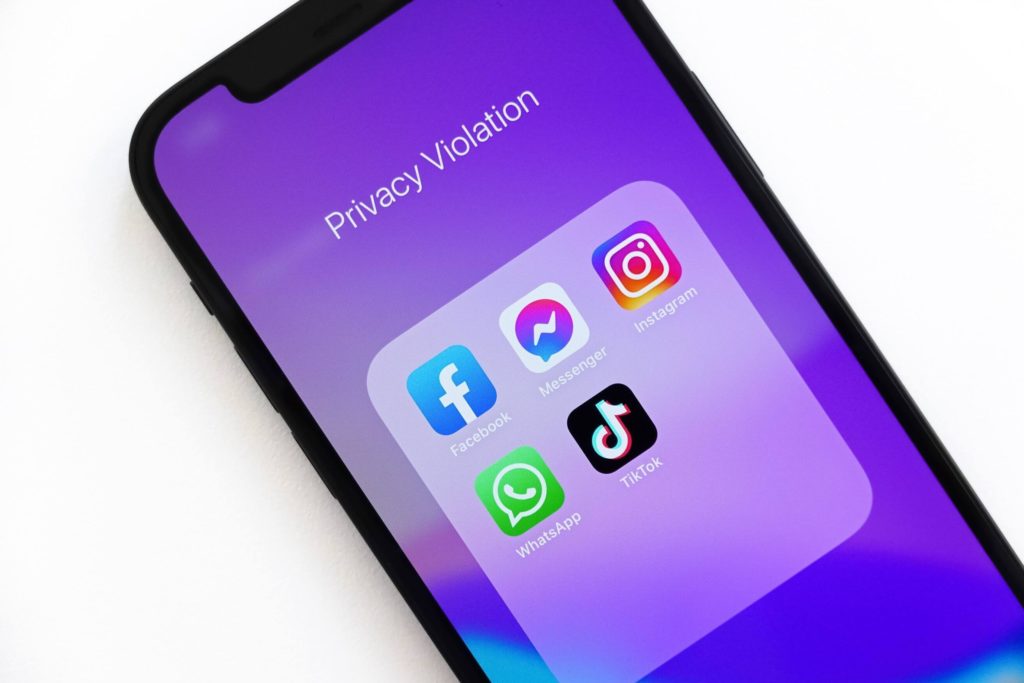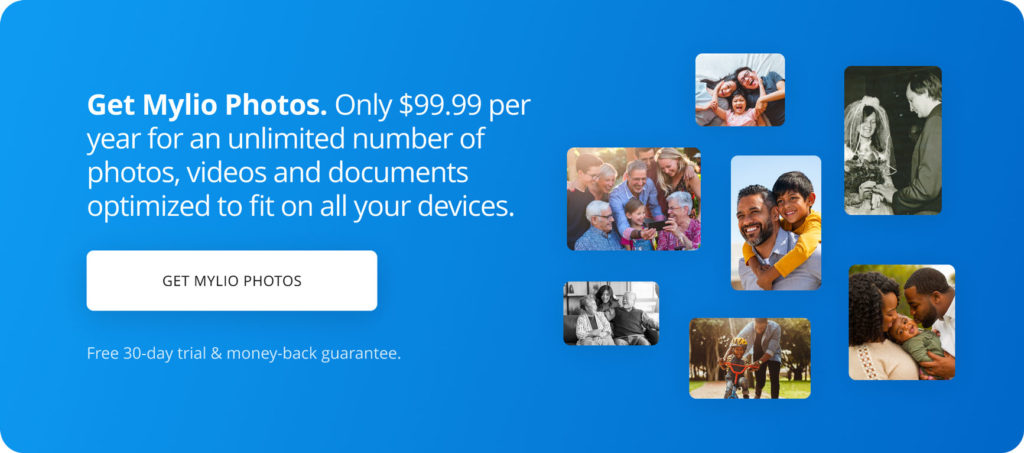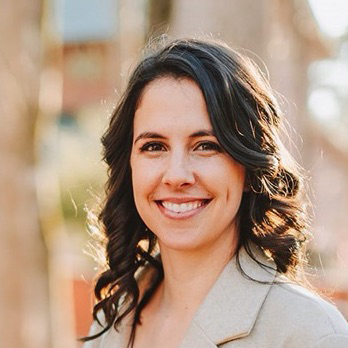Data privacy concerns, including photo privacy, are increasingly in the news. In January 2023, the Department of Justice again sued Google’s parent company, Alphabet Inc., accusing it of illegally monopolizing the roughly $250 billion U.S. market for digital ads. Indeed, Google is thought to have paid as much as $20 billion in 2022 to remain the default search engine on Apple devices, plus more to Samsung and other telecom giants.
While most major tech companies, particularly Google, Meta, and Amazon, which rely on advertising revenue, say they do not sell user data, they collect and store so much that it raises security, privacy, and antitrust flags. Photos uploaded to Google Photos and Amazon Photos’ cloud storage are another potential privacy risk, partly because image files contain personally identifiable information (PII) like locations and timestamps.
“Only Congress can provide strong privacy protections for all Americans,” Apple CEO Tim Cook wrote in a 2021 letter to congressional members working on privacy legislation. The American Data Privacy and Protection Act, introduced in June 2022, is still facing hurdles with uncertain passage.

Is there a price tag on privacy?
Everyone has data they want to protect.
And while many consumers are getting more savvy about taking steps to protect their data privacy (and that of their kids) by editing privacy settings in their apps, switching to privacy-protective browsers like Duck Duck Go, or using a VPN (virtual private network) to encrypts their online identity, making it more difficult for third parties (governments, hackers, or advertisers) to track activities online or steal data.
Ultimately, it’s hard to keep on top of complex corporate privacy policies for all the technology services we use. Are you storing your photos and personal data on a cloud-based service? If so, you should be aware that changes to the terms of use may affect their ability to protect your privacy.
Why privacy and control are important for photo storage
Google and Apple are powerhouses for photo storage. Yet neither offers complete peace of mind regarding data security and photo privacy. Our team has shared concerns about Google Photos and cloud vulnerabilities. Even privacy-conscious Apple announced in 2021 that it would start scanning iPhone and iCloud photos for child abuse material (CSAM). The new tool is certainly well-motivated. Still, some privacy advocates object that its surveillance tech could be co-opted by malicious actors, or result in false positives.
Mylio Photos keeps you in control of your photos

Mylio Photos is different from other photo apps. It’s not a cloud-centered service. We don’t gather personal data to sell to advertisers. Our technology is purpose-built to make it easy to securely store your photos on your own devices (computer, external hard drive, NAS). You always have complete control over where and how your photos and data are stored with Mylio Photos. Indeed, your photos stay with you on your synced devices.
But that’s not all. You can easily add a cloud service with encryption to your Mylio Photos setup. It’s the best of both worlds: adding redundancy to your photo storage and backup system while also protecting your privacy.

Our commitment to safeguarding privacy
Here is Mylio’s straightforward privacy policy. We collect the information you provide, metadata associated with user content, and limited information about others. If you login, like, or share through third-party social networking sites or website-based photo apps, we receive information that you’ve permitted them to share. We recommend that you review, and if necessary, adjust your privacy settings in these third-party apps before connecting them to Mylio Photos.
As mentioned above, if you decide to connect Mylio Photos to a cloud storage service, we protect your files with encryption by default.

By comparison, Google’s intricate 4,000-word privacy policy and terms of service state that they can “host, reproduce, distribute, communicate and use your content.” Your photos may be yours, but they are theirs, too.
Mylio Photos users prioritize data and photo privacy
When Jacob Rush started using Mylio Photos, he found that it dramatically simplified his workflow at Triple Knot Productions. Rush, who has a mild form of cerebral palsy, makes documentaries about people with disabilities and takes privacy extremely seriously.
“I want to protect the personal data security of the people I work with,” Rush said when we spoke. “I feel secure with Mylio Photos. I don’t have to worry about someone hacking into my internet-based account.”
Why does Cathi Nelson, CEO of The Photo Managers, a global community of professional photo managers, choose to use the app? “Mylio Photos is a file structure on my computer and my external hard drive, so I always know where everything is,” Nelson said. “People are starting to worry more about privacy. Smart people are paying attention.”
To try Mylio Photos free for 30 days, and assess its photo privacy tools for yourself, download the app now.

Nina Pantic is a New York City-based journalist with nearly a decade of experience covering sports and news. She has a keen interest in videography and photography having produced videos and curated photos for both work and fun.


